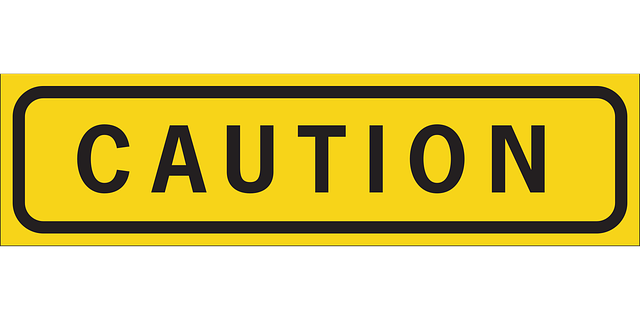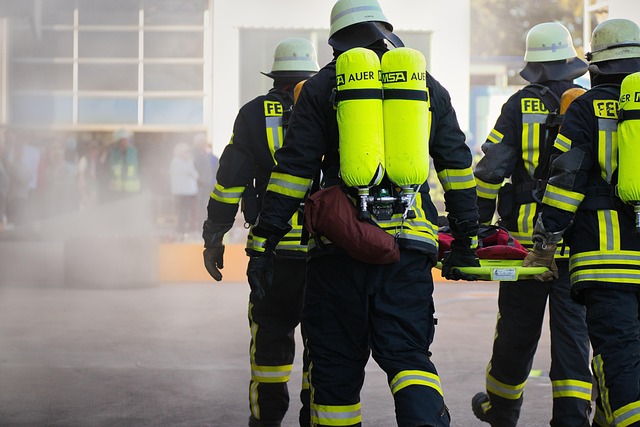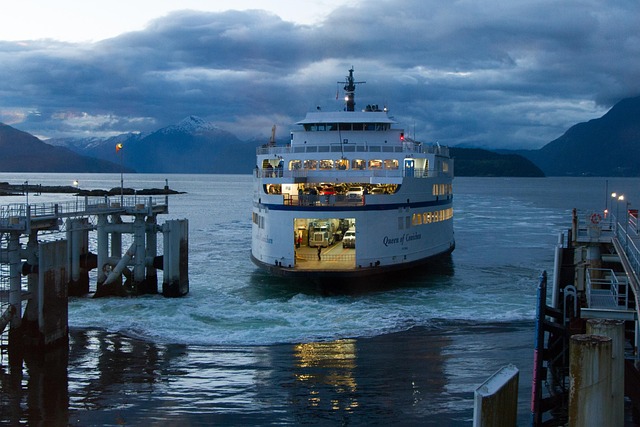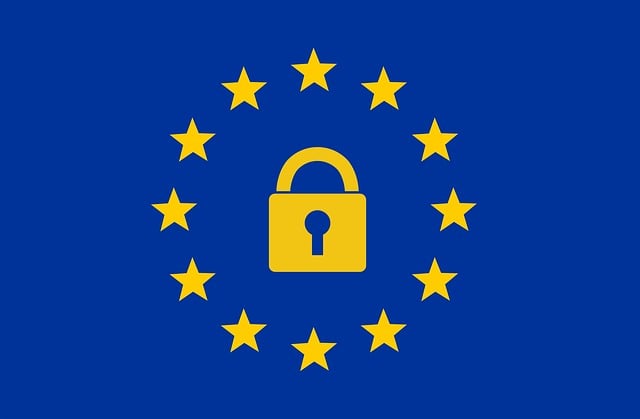Unqualified hiring in transportation poses significant safety and operational risks, leading to accidents, regulatory non-compliance, and legal liabilities. Background checks verify qualifications, licenses, and training, preventing unsafe practices and fostering public trust. Robust background check processes with advanced technology and manual reviews ensure transportation industry compliance, maintaining high safety standards and reducing operational risks. Regular HR training, clear policies, and staying updated on legal mandates are crucial for continuous compliance.
In the dynamic and safety-critical transportation industry, ensuring qualified hires is paramount. Background checks play an indispensable role in mitigating risks associated with unqualified hiring, which can have severe consequences. This article explores the significance of thorough background investigations as essential tools for enhancing safety within the transportation sector. We delve into strategies for effective compliance, empowering employers to navigate the complexities of transportation industry regulations while fostering a culture of responsible employment practices.
- Unqualified Hiring Risks in Transportation
- Background Checks: Essential Tools for Safety
- Compliance Strategies for Secure Employment
Unqualified Hiring Risks in Transportation

Unqualified hiring within the transportation industry can pose significant risks, impacting both safety and operational efficiency. Vehicles and cargo are often worth substantial amounts, and inexperienced or improperly certified operators can lead to costly accidents and damage. Moreover, errors in navigation or adherence to regulations can have severe consequences, especially when transporting hazardous materials or vulnerable passengers. Non-compliance with transportation industry standards not only endangers lives but also disrupts supply chains, leading to legal liabilities and reputational harm for companies.
To mitigate these risks, thorough background checks are essential for ensuring the transportation sector’s compliance. These checks verify the qualifications, licenses, and safety training of potential hires, deterring those with a history of unsafe practices or disqualifying them from roles that demand specialized knowledge. By prioritizing qualified personnel, the industry can maintain high safety standards, reduce operational risks, and foster public trust.
Background Checks: Essential Tools for Safety

Background checks are indispensable tools in ensuring safety within the transportation industry. They act as a robust defense mechanism against unqualified individuals gaining access to sensitive roles, thereby mitigating potential risks. These checks play a pivotal role in upholding compliance with regulatory standards, which is paramount for maintaining public trust and preventing accidents.
By verifying an applicant’s credentials, criminal history, and suitability for specific tasks, background screenings help organizations make informed hiring decisions. This process prevents individuals with detrimental pasts from assuming positions that could endanger lives, such as drivers, mechanics, or air traffic controllers. The transportation industry’s high-stakes nature demands vigilance in employing only those who meet the highest standards of integrity and competence.
Compliance Strategies for Secure Employment

In the transportation industry, ensuring compliance with regulations regarding background checks is paramount to prevent unqualified hiring. Effective strategies involve implementing robust screening processes that go beyond basic verification. This includes utilizing advanced technology for data analysis and cross-referencing information from multiple sources to uncover potential red flags. Employers should adopt a multi-faceted approach, combining automated systems with manual reviews to maintain accuracy and efficiency.
Transportation industry compliance necessitates staying updated on legal mandates and industry best practices. Regular training sessions for HR personnel can enhance their understanding of these requirements, enabling them to make informed decisions. Additionally, establishing clear policies and procedures ensures consistency in background check protocols, reducing the risk of human error or bias. By prioritizing thorough screening and continuous compliance, transportation companies can foster a safer and more secure work environment.














